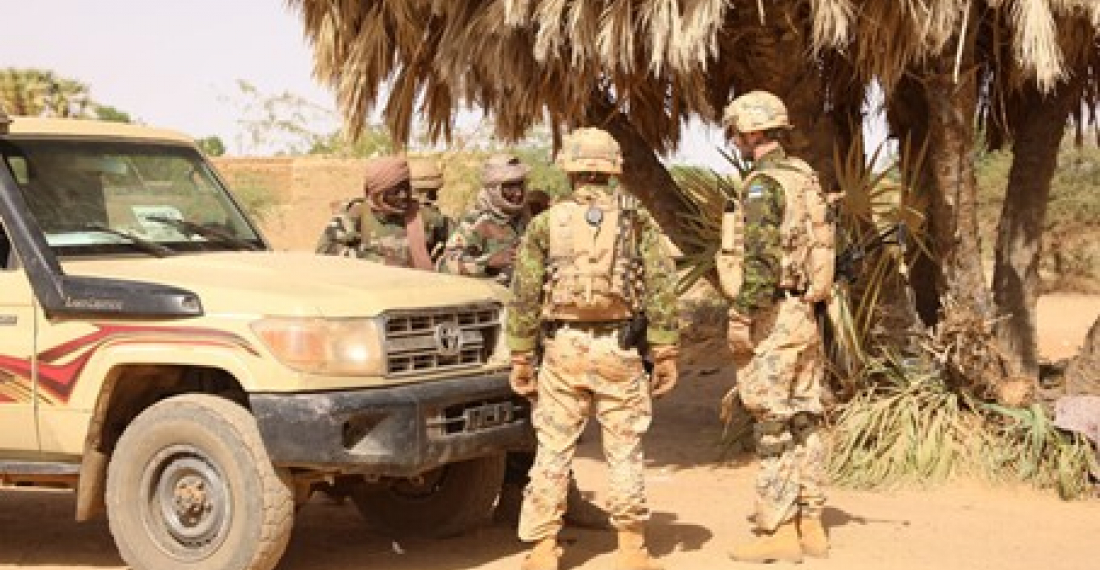On Monday 14 February, only hours after a meeting between European foreign ministers, Jean-Yves le Drian announced that French President Emmanuel Macron had ordered the redeployment of French troops in the region. This redeployment would not imply a departure, but would require cooperation "with the other countries of the Sahel who are very much in favour", explained the French Foreign Minister.
The conditions no longer exist for military cooperation between Mali and France. The continued rule of the Malian military junta, which does not want to hold elections for another five years, and the arrival of 1,000 Russian mercenaries from the Wagner group finally led to the end of the French commitment in Mali.
This diplomatic crisis with Mali represents an additional obstacle to the struggle against the spread of the Islamist insurgency that France currently spearheads in the region. Indeed, over the past year, a dozen European countries and their respective special forces have been mobilised in the Task Force Takuba in this anti-terrorist war. The announcement of a withdrawal from Mali therefore also puts an end to a unique European experience in joined up military action.
Jean-Yves le Drian implied last night that the other Sahel countries were keen to take part in the redeployment of French troops. But where?
Mauritania has maintained a neutral position on the Malian situation until now. Niger, even though it has been hosting a command post of the Barkhane operation - the name of the French military operation in the Sahel - for four months now, is not very attracted by the idea of allowing redeployment on to its territory.
As for Burkina Faso, even if the French military continues to flirt with the Burkinabe junta including by lauding Burkina Faso's recent military successes, supported by Barkhane, the junta has not commented on the situation yet.
France has already reduced its troops in the Sahel, hoping to halve the number of soldiers by 2023 from the current 5000, half of which are currently based in Mali.
Frightened by the advance of the jihadists southwards, Paris hopes to convince its Sahelian and European allies to support the countries of the Gulf of Guinea, such as the Ivory Coast, Togo, Benin or Ghana, where the Islamist insurrection could spread.
Sources: CommonSpace.eu with Le Monde, RFI, Reuters and other media outlets
Picture: Members of the Takuba forces on patrol in Mali; Twitter: @EyeonMali







